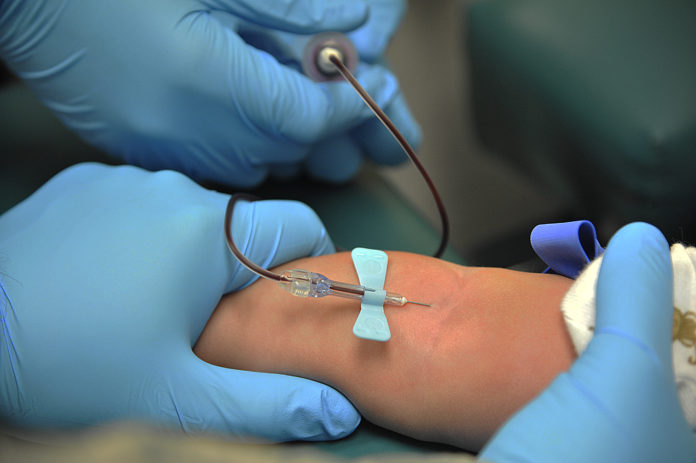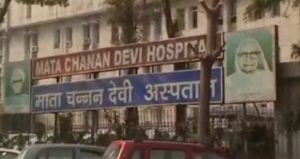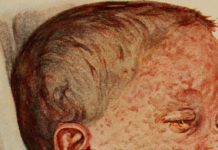
The hospital’s reply has not been found to be satisfactory and so it has been decided to suspend empanelment of Mata Chanan Devi Hospital
In a case eerily similar to that of Fortis Hospital, Gurugram, when it charged the family of a dengue patient for enormous amounts of consumables, the empanelment of Mata Chanan Devi Hospital in West Delhi in the Central Government Health Scheme has been suspended for not being able to adequately explain why it charged a CGHS beneficiary for 1600 pairs of gloves and 400 syringes for a 26-day stay.

In an order issued last month director CGHS in the Union health ministry Dr D C Joshi said: “…Chanan Devi Hospital, Janakpuri, New Delhi was asked to was asked to submit reply to a show cause notice issued regarding using approx. 1600 pairs of gloves and 400 syringes during 26 days stay of a CGHS beneficiary in ICU. However, the reply submitted, by the hospital has not been found to be satisfactory and so it has been decided to suspend empanelment of Mata Chanan Devi Hospital, Janakpuri, New Delhi from CGHS with immediate effect till further orders.”
The case is similar to what happened in Fortis Hospital and is yet another red flag on how private hospitals bill patients without any regulation. In September last year after seven year old Aadya Singh died of dengue in Fortis Gurugram after two weeks of hospitalisation, the hospital billed her family Rs 1559322, including the price of 611 syringes – the figure would mean Aadya was given 43 injections every day – and 1546 pair of gloves. The news broke a couple of months later and Fortis got into major trouble with the government of Haryana with the state health minister terming the girl’s death as a “murder”.
Later the National Pharmaceutical Pricing Authority (NPPA), which is the apex body for drug prices, found that the hospital had made a 5%-1737% profit on the drugs and other consumables that it billed the family for. NPPA found that the hospital charged the Singhs Rs 106 for a “three way stop cock bivalve” that it had procured for Rs 5.77 – a margin of 1737%. For an IV infusion set that cost the hospital Rs 8.39, the Singhs were charged Rs 1271% and for a disposable syringe that the hospital bought for Rs 15.29, it charged Rs 200 – a margin of 1208%.
In case of Chanan Devi, the government decided to pay for the treatment of CGHS beneficiaries admitted in the hospital for treatment prior to the issue of the order for a period of seven days after that.








